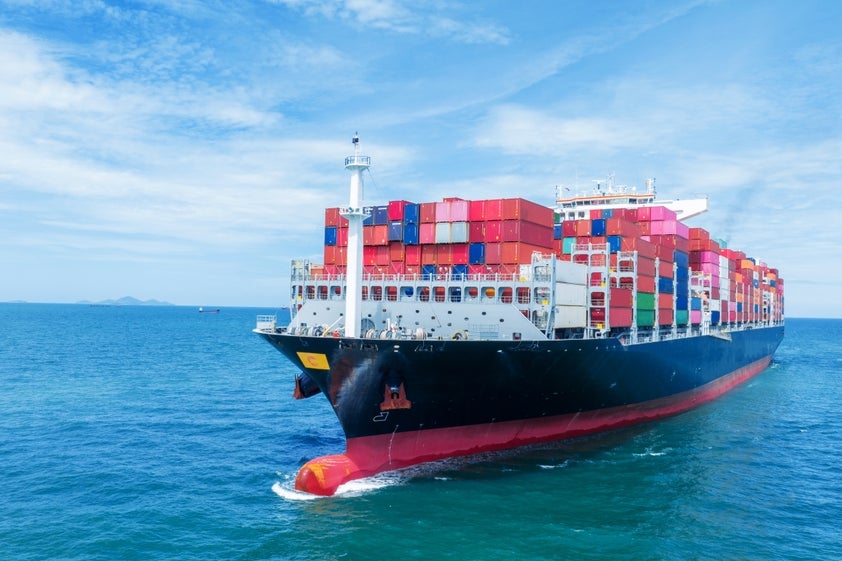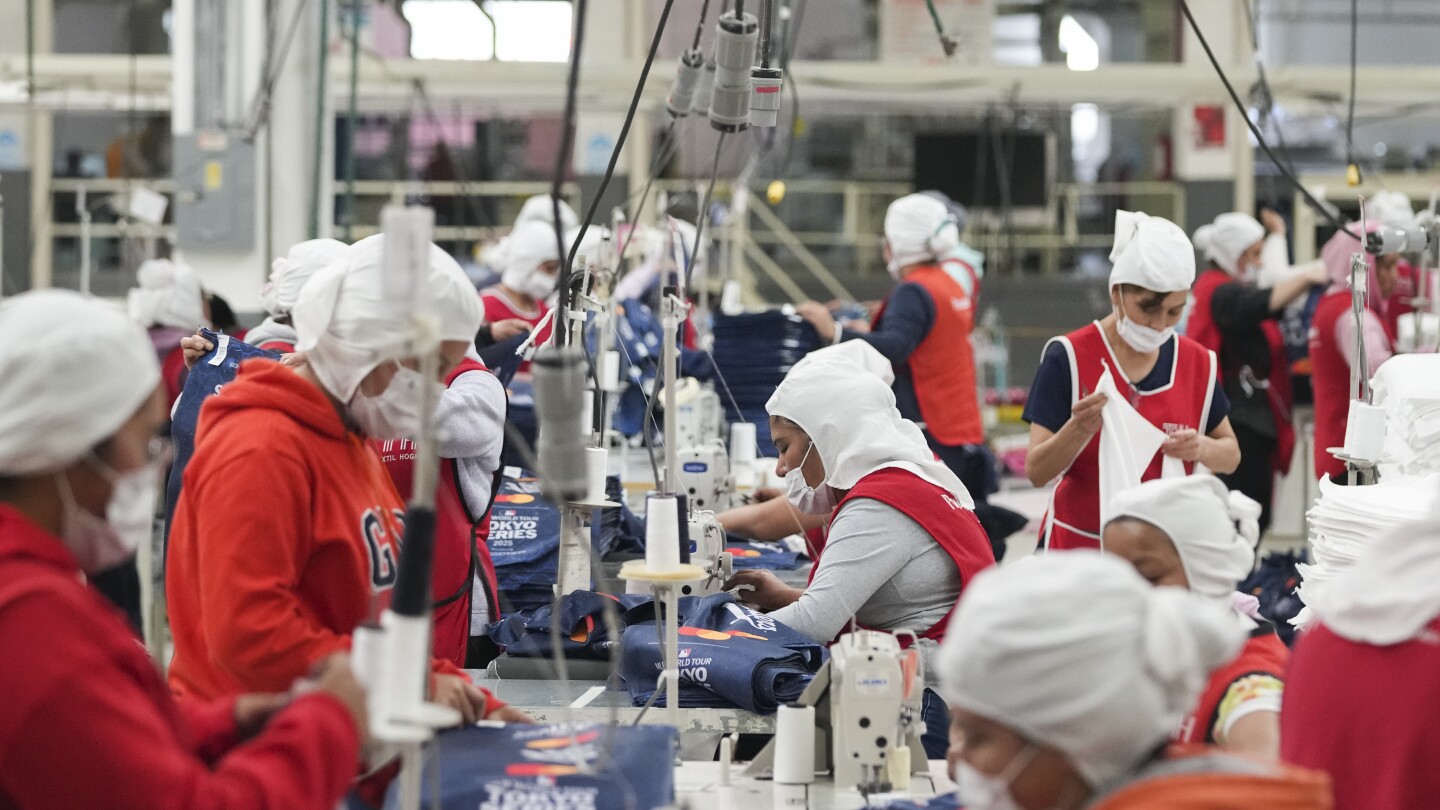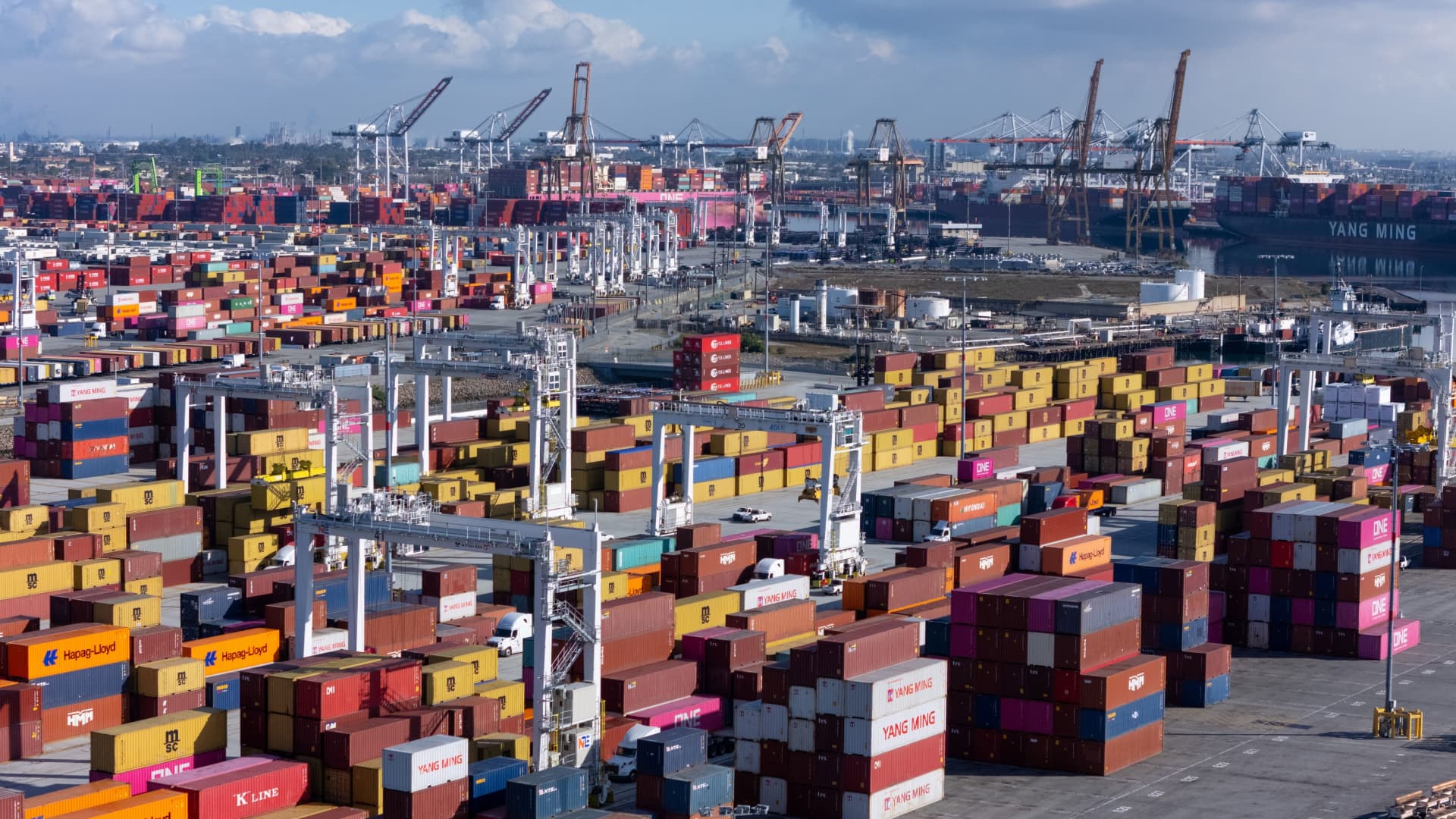Global Trade at a Crossroads: Understanding the High Stakes of Escalating Tariff Tensions
As the world grapples with the complexities of globalization, the current landscape of global trade finds itself at a crossroads. The escalating tariff tensions, particularly among major economies, threaten to spiral into full-blown trade wars, with significant implications for the global economy. The Director-General of the World Trade Organization (WTO) has issued stark warnings regarding the potential fallout, predicting that a tit-for-tat trade war could lead to severe economic consequences, including double-digit GDP losses. This delicate situation requires immediate attention from policymakers and industry leaders alike, as the stakes have never been higher.
The Current Climate of Tariff Tensions
In recent months, we have witnessed a resurgence of tariff disputes reminiscent of the trade war that dominated headlines in the late 2010s. Following a period of relative stability, tensions have reignited as countries seek to protect their domestic industries and navigate the intricacies of international trade agreements. The foremost players in this ongoing saga include the United States, China, and the European Union, all of whom have levied tariffs on various goods, creating a ripple effect across the global market.
Tariffs are taxes imposed on imported goods, making them more expensive and less competitive compared to domestic products. While nations often justify these measures as necessary for protecting local industries, the broader implications can lead to increased prices for consumers and strained international relations. As trade barriers rise, the interconnected nature of global supply chains means that no economy is immune from the repercussions.
The Economic Implications of Escalating Tariffs
The economic ramifications of escalating tariff tensions are profound and far-reaching. Here are some key points to consider:
- Increased Prices: Tariffs typically lead to higher prices for imported goods, which can erode consumer purchasing power and dampen overall economic growth.
- Supply Chain Disruptions: Many industries rely on global supply chains for production. Tariffs can disrupt these networks, leading to delays, increased costs, and reduced efficiency.
- Investment Uncertainty: Businesses often hesitate to invest in new projects or expansion plans amid tariff uncertainty, which can stifle innovation and economic development.
- Retaliatory Measures: Countries affected by tariffs may respond with their own tariffs, leading to a cycle of retaliation that can escalate tensions and further harm global trade.
The WTO chief’s warning about potential double-digit GDP losses underscores the severity of these economic implications. A trade war not only threatens individual businesses but can also have a cascading effect on entire economies, leading to recessions and widespread unemployment.
Policy Responses and the Role of Policymakers
The current state of global trade at a crossroads necessitates proactive measures from policymakers. Here are some strategies that can help mitigate the risks associated with escalating tariff tensions:
- Engagement in Dialogue: Countries must prioritize diplomatic engagement to address grievances and find common ground. Open channels of communication can help de-escalate tensions and foster cooperation.
- Promotion of Free Trade Agreements: Policymakers should work towards negotiating and strengthening free trade agreements that promote mutual benefits and reduce reliance on tariffs.
- Support for Affected Industries: Governments can provide support to industries adversely affected by tariffs, such as subsidies or tax incentives, to help them adapt to the changing landscape.
- Investment in Innovation: Encouraging innovation and technological advancements can help domestic industries become more competitive without the need for protective tariffs.
By taking these proactive steps, policymakers can help steer global trade away from the brink of a trade war and create a more stable economic environment.
The Need for Industry Leaders to Adapt
While policymakers play a crucial role in addressing tariff tensions, industry leaders must also adapt to the changing landscape. Here are some key considerations for businesses:
- Diversification of Supply Chains: Companies should explore diversifying their supply chains to mitigate risks associated with tariffs. This may involve sourcing materials from different countries or investing in local production.
- Strategic Pricing Adjustments: Businesses may need to reevaluate their pricing strategies in response to increased costs from tariffs, ensuring they remain competitive while maintaining profitability.
- Market Analysis: A thorough analysis of market conditions can help businesses identify new opportunities or potential threats, allowing them to make informed decisions.
- Advocacy for Fair Trade Practices: Industry leaders should advocate for fair trade practices and engage with policymakers to promote policies that support equitable trade relations.
By remaining adaptable and forward-thinking, industry leaders can navigate the complexities of the current trade environment and position their businesses for long-term success.
Looking Ahead: The Path to Resolution
As we reflect on the current state of global trade at a crossroads, it’s essential to recognize the importance of collaboration and compromise. While tariff tensions may pose significant challenges, they also present opportunities for nations to reassess their trade relations and work towards more equitable agreements.
Ultimately, the path to resolution requires a collective effort from both policymakers and industry leaders. By prioritizing dialogue, fostering cooperation, and embracing innovation, we can navigate the complexities of global trade and emerge stronger in an interconnected world. The stakes are indeed high, but with concerted efforts, there is potential for a more harmonious global trade environment that benefits all parties involved.
In conclusion, the escalating tariff tensions represent a significant challenge to the global economy, but they also offer a chance for reflection and growth. As we stand at this crossroads, the decisions made today will shape the future of international trade for generations to come.
See more CCTV News Daily



